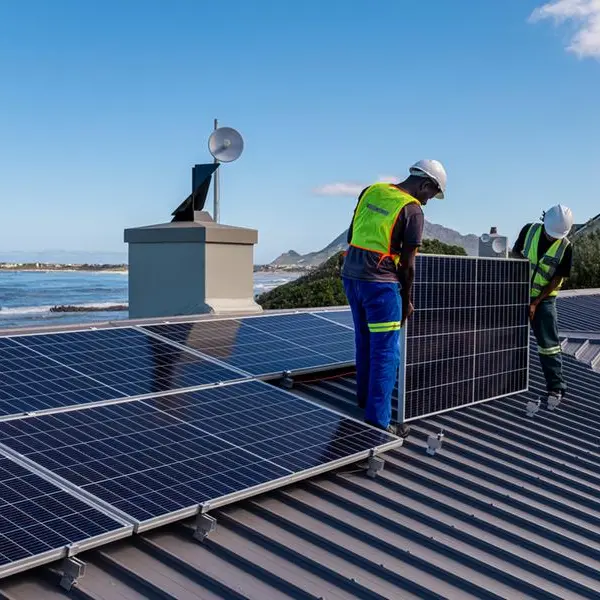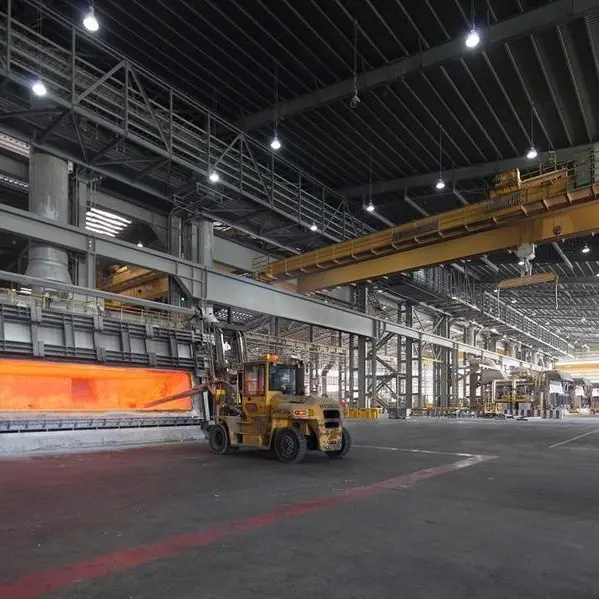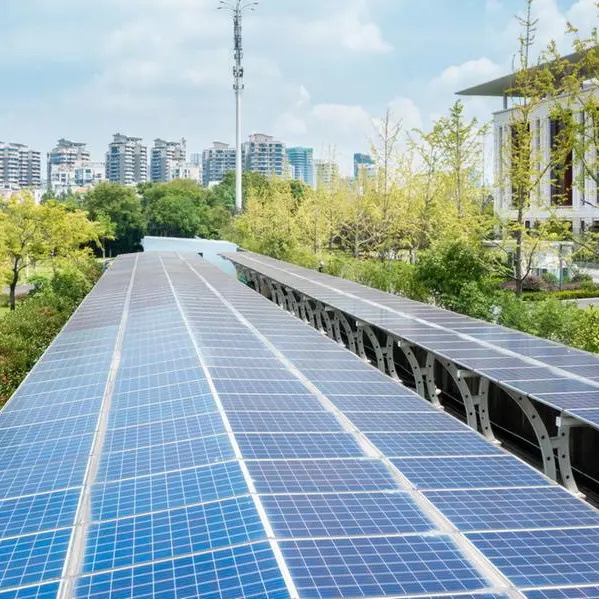PHOTO
Malaysia will require investments of about $280 billion by 2050 to meet its energy transition needs, according to Datuk Abdul Rasheed Ghaffour, Governor of Bank Negara Malaysia (BNM), speaking on the sidelines of COP28 in Dubai.
Highlighting the growing focus on climate goals and climate actions taken by financial institutions in his country, Ghaffour said the industry’s financial commitment stands at over $43 billion for ESG purposes.
"Indeed, by 2026, we expect to see at least half of new financing by our banks aligned with climate-supporting or transitioning activities," he said.
In his opening address for Malaysia’s Climate Finance Day at COP28, the central bank governor said blended finance is the key to driving a just and orderly transition.
"By combining concessional financing and commercial funding, blended finance can help increase the bankability of high-risk green and transition projects. Blended finance can also ease transition costs especially for small and medium-sized enterprises," Ghaffour said.
On the debate surrounding the phasing out of fossil fuels, Ghaffour said: "This has a direct bearing on many developing economies, including Malaysia. With the undeniable high cost of reducing emissions, a balanced approach is crucial to ensure progress both in building climate resilience, and economic and social developments."
Enabling innovation, sound policies
The country's maiden sustainability sukuk in 2021 was the world's first US dollar sustainability sukuk issued by a sovereign. Its proceeds are used for eligible social and green projects aligned to the UN's Sustainable Development Goals (SDG) agenda.
Moreover, Bursa Malaysia has launched the Bursa Carbon Exchange, the world’s first Shariah-compliant voluntary carbon exchange.
Malaysia’s advancements in Islamic finance have provided an important springboard to grow and expand transition and green finance.
To fully harness the proposition of Islamic finance, Value Based Intermediation (VBI) was introduced in 2018 to reinforce efforts to embed sustainability elements in finance.
"Today, VBI is closely integrated with efforts to elevate banking and financial practices of all financial institutions Islamic or otherwise – to address challenges of the world, including the climate emergency," he said.
BNM is providing a sound and facilitative policy environment that enables innovation to meet the large financing needs for climate risk mitigation and adaption, while strengthening climate risk management practices within the financial sector, the governor said, adding, the Malaysian financial sector aspires to play a vibrant role in mobilising capital to address the enormous climate financing needs of the world at large that is estimated at $275 trillion by 2050.
“We will continue to actively participate in the global conversation and represent emerging market perspectives on sustainable finance developments and challenges, to support a more inclusive global approach to fighting climate change,” he said.
(Reporting by Seban Scaria; editing by Daniel Luiz)
(seban.scaria@lseg.com)





















